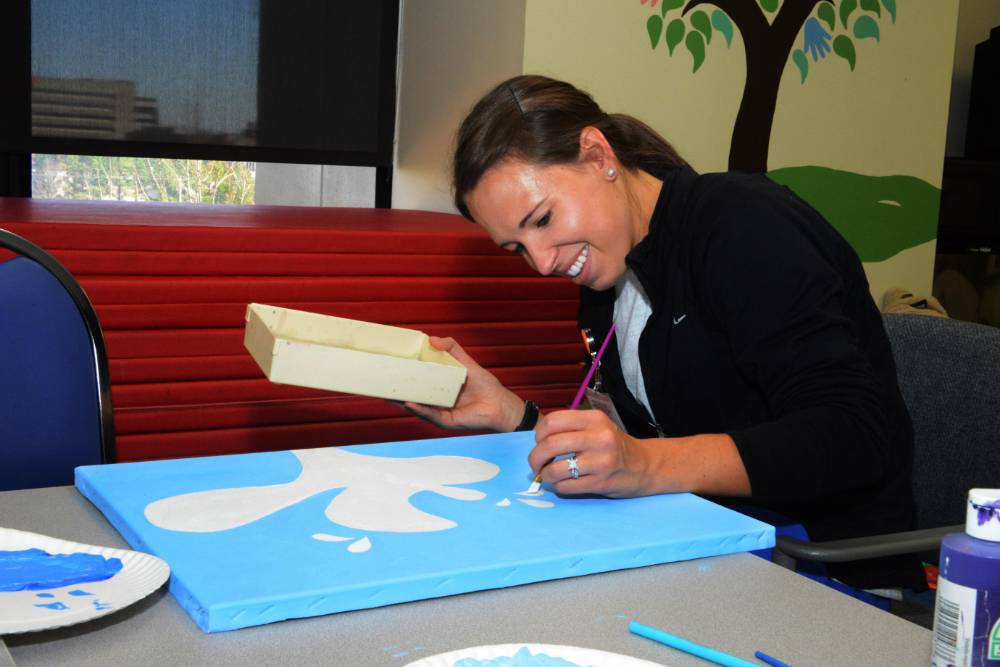Rachel Kay Stevens Therapy Center Services
Occupational therapists work with individuals of all ages to promote health and participation in life through their ability to engage in meaningful everyday activities known as occupations. When working with children, occupational therapists help clients with a range of functional barriers to participate fully in important occupations such as academic, social, or play situations.
Occupational therapists work with children who have difficulty engaging in the typical activities of childhood due to medical conditions, developmental challenges, or injury. An occupational therapist helps children develop skills to enhance their participation in self-care, play and school activities.
RKSTC offers a wide variety of OT services to the community. Services include developmental screenings, consultations, evaluations, parent/caregiver education, and individual treatment. Parent/caregiver education is offered through support groups, home exercise programs, and handwriting tips. Treatment is typically one-on-one therapy, which aims to enhance a variety of skills that can be further explored below.
Gross motor skills involve the large muscle groups that help coordinate and control movement, strength, and balance. A child with deficits in gross motor development might appear clumsy, be fearful of their feet leaving the ground, and/or have trouble on stairs.

"Rachel was my roommate, friend, and classmate. She loved God, her family, and friends. She wanted to be a pediatric OT, which fit her perfectly because she was creative, patient, and had a warm smile. I have no doubt that she would have been successful because of her ambition, intelligence, and drive. Rachel was so full of love and compassion for others. She would have done anything for anyone. She was a devoted Christian and lived her faith by showing her love freely. Our class feels her absence everyday; that’s why she is our motivation to keep striving towards our goal of becoming Occupational Therapists. We miss her and know she is cheering us on." - Amy Wagner, MOT Class of 2017 student and Rachel’s roommate
